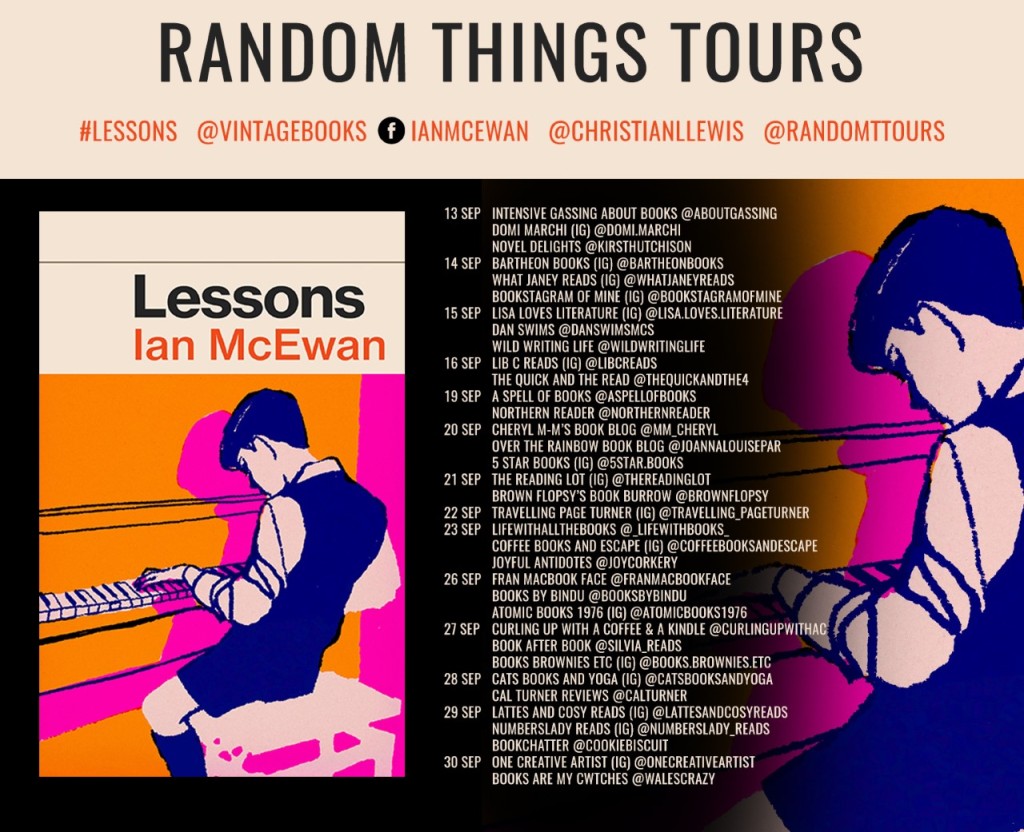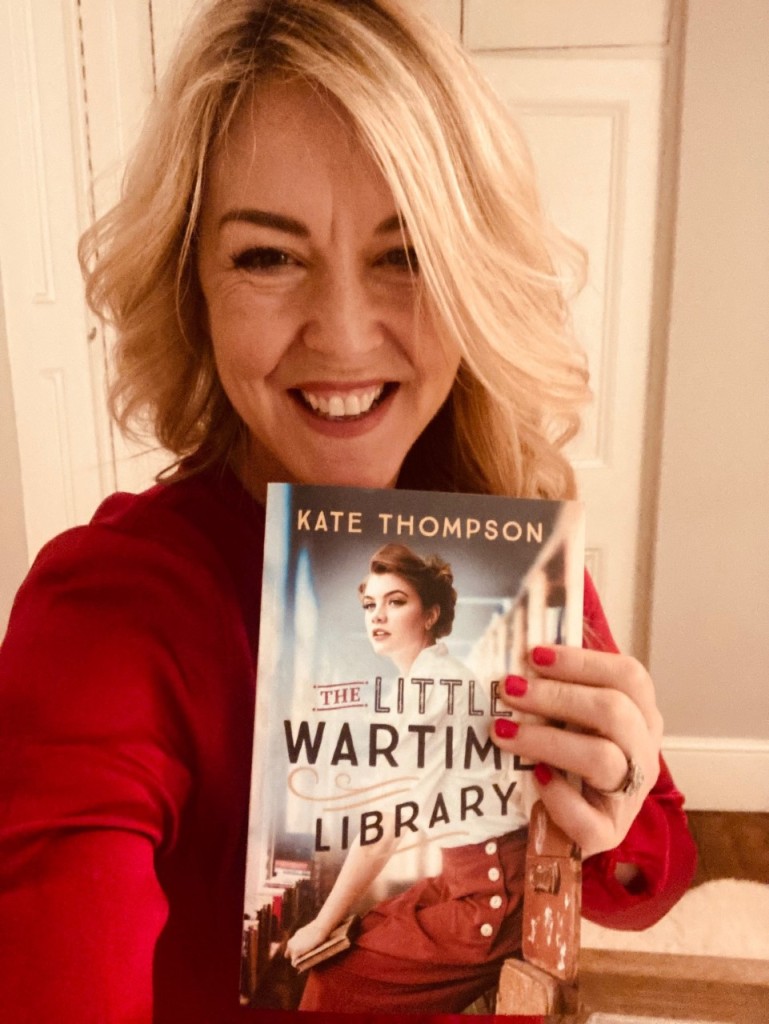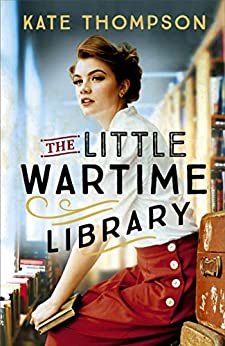
While the world is still counting the cost of the Second World War and the Iron Curtain has descended, young Roland Baines’s life is turned upside down. Stranded at boarding school, his vulnerability attracts his piano teacher, Miriam Cornell, leaving scars as well as a memory of love that will never fade.
Twenty-five years later, as the radiation from the Chernobyl disaster spreads across Europe, Roland’s wife mysteriously vanishes and he is forced to confront the reality of his rootless existence and look for answers in his family history.
From the fall of the Berlin Wall to the Covid pandemic and climate change, Roland sometimes rides with the tide of history but more often struggles against it. Haunted by lost opportunities, he seeks solace through every possible means, literature, travel, friendship, drugs, politics, sex and love.
Roland’s story asks can we take full charge of the course of our lives without damage to others? And what can we learn from the traumas of the past?
Review
Lessons by Ian McEwan is the first novel by this writer that I have read. It won’t be the last! For Roland Baines’s story is a fascinating, beautifully written tale about a life, often ordinary, yet at times extraordinary, lived against the backdrop of a world in constant flux. The most remarkable thing about this tale for me is how the writer manages to create a striking sense of intimacy. For though Roland’s life is played out against events, that have had such long-lasting impact on the world in which he lives, it is this man, his thoughts, his actions and their consequences that this modern classic is about.
Many novels succeed because the story roars along at breakneck speed, Lessons does so, because it does exactly the opposite. Within the embrace of the story, we are able to luxuriate in the whole of Roland’s life. How rare is that in modern literature? By far, for me, being able to live through such events as the fall of the Berlin Wall with this man, experience how events in history shaped the course of his life, was this book’s greatest gift. It is ambitious indeed, but it works, because Ian McEwan doesn’t bog it down with needless waffle. Each world, each sentence is designed to bring Roland and his experiences to life in glorious panoramic detail and the result is magnificent.
As a character, I have seen Roland described as ineffective, too passive in the events that lead to a life shaped by an abusive affair. But to frame his character in this way, is to suggest that he has no control over his own life, that he is entirely passive, which is to do a disservice to him and his story. Indeed, his vulnerability is abused, forming one off the most emotional parts of this book, but from that point, he like so many, lives a life of undeniable complexity and from experiences both good and bad, comes to understand his role as much other characters, in the decisions that lead to probably one of the greatest loves of his life. His world, his life is shaped by history as he lives through it. For though he is but an insignificant player on the world stage, such events are not a passive or abstract force that rumble over him, while he is buffeted by the aftershock. They actually lead him to take steps that change the life he and others imagined for him.
All this and more form a novel that is an intelligent and absorbing read. It brims with compassion for a man, Roland Baines, in all his glorious complexity.
You can purchase this novel from Amazon and Waterstones and all good independent bookshops.
About the author

Ian McEwan is a critically acclaimed author of short stories and novels for adults, as well as The Daydreamer, a children’s novel illustrated by Anthony Browne. His first published work, a collection of short stories, First Love, Last Rites, won the Somerset Maugham Award. His other award-winning novels are The Child in Time, which won the 1987 Whitbread Novel of the Year Award, and Amsterdam, which won the 1998 Booker Prize.



















